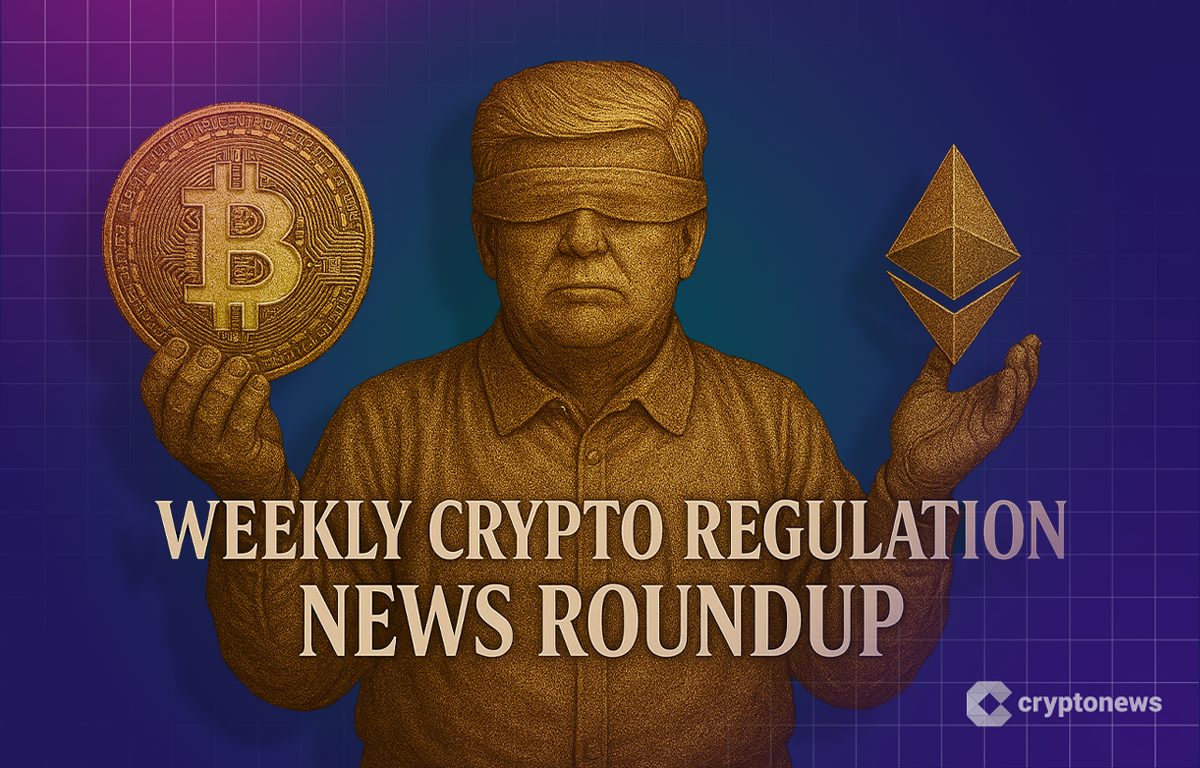Paul Atkins says the SEC will launch the President’s Digital Assets Group soon
SEC Chair Paul Atkins said the Commission will soon launch the President’s Digital Assets Group as part of a new chapter in US crypto rules.
Atkins announced this during his speech at the Wyoming Blockchain Symposium, where he shared his plan for “Project Crypto” and promised to stop using regulation by enforcement.
SEC chair launches group to set crypto rules
Atkins explained that the group’s first task would be to implement the recommendations from the President’s Digital Asset Markets Working Group. He made it clear that the project was a major part of the White House’s bigger plan for digital assets and praised President Trump for supporting the effort.
The SEC chair further explained that the group will create rules and find the right balance between protecting investors and allowing new ideas to grow. He said the SEC must create rules that are strong enough to prevent abuse but flexible enough to adapt as technology develops. He added that the SEC will partner with Congress, the White House, and other agencies to ensure the US rules remain fair, consistent, and in line with international standards. This approach could unite the different parts of the government around digital assets.
Atkins’ predecessor, Gary Gensler, often said that most crypto assets should be securities under existing SEC rules. Critics said this approach pushed innovation overseas because it forced many projects to either register with the SEC or face enforcement actions. Atkins rejected this view and said, “There are very few tokens that are securities.” He explained that the important factor is not the token itself but how it is packaged, marketed, and sold to the public.
The change of direction suggests that the SEC will make it easier for crypto projects to launch in the US without being treated as securities.
President’s plan drives SEC’s new crypto push
The President’s Digital Assets Working Group released a policy roadmap in July, requesting regulators adopt rules that make life easier for crypto businesses while keeping investor protections in place. Paul Atkins said the SEC will stick to the roadmap to move in the same direction as the White House and reduce conflicting voices.
According to Atkins, the SEC will provide tailored exemptions, safe harbors, and new types of disclosure rules for crypto companies to replace the one-size-fits-all regulations of the past. Activities like initial coin offerings (ICOs), airdrops, network rewards, and even the development of decentralized apps could be treated more flexibly to allow entrepreneurs to innovate without fear. Atkins said that it didn’t mean a free-for-all, but rather a better structure that will protect investors and encourage responsible growth at the same time.
Venture capital firms and advocacy groups like Andreessen Horowitz and the DeFi Education Fund have already started pushing the SEC to create exemptions to protect developers from enforcement risks. These groups say that safe harbors will make developers more confident in innovating in the United States instead of overseas.
Atkins responded and said the SEC is open to industry feedback, but was clear that it can only change its approach for now because lasting certainty depends on legislation. He further emphasized that enforcement should focus on fraud, scams, or abuse cases, and let legitimate projects get room to grow.
If those promises are kept, the SEC’s partnership with the administration’s working group could be the most significant change in US financial regulation in many years.
KEY Difference Wire helps crypto brands break through and dominate headlines fast
You May Also Like

Weekly Crypto Regulation Roundup: Trump Slams Musk, Tim Scott Backs Blockchain, and Broker Rule Gets Buried

Dogecoin maxi-deal: Thumzup acquires Dogehash with 30.7 million shares and prepares for the Nasdaq listing (ticker XDOG)
